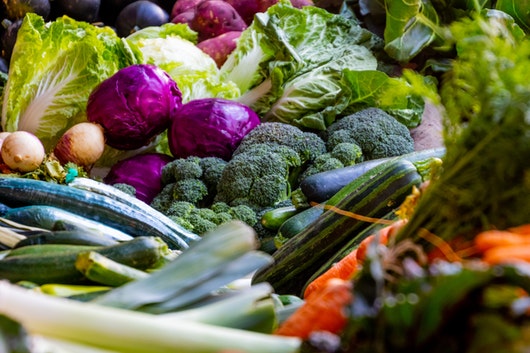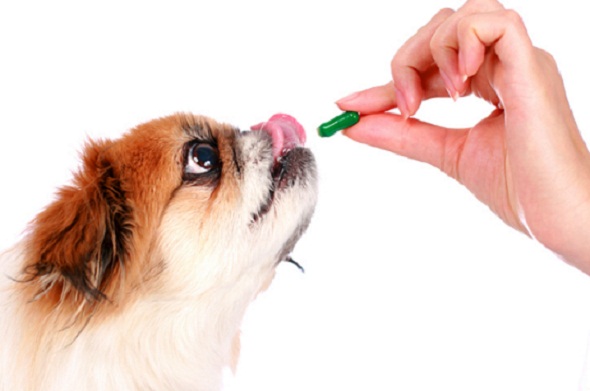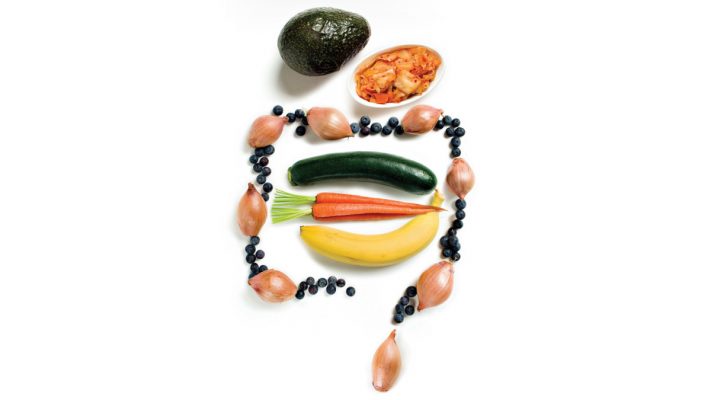Five ways antibiotics can hurt your gut microflora and how probiotics can help
Whether you are fighting off a bacterial infection with the use of antibiotics that have been given to you buy your doctor, of if you are simply eating protein which has had antibiotics added into it, you are running the risk of massively depleting your body’s microbiome.
Of course the antibiotics you are given by your doctors are incredibly important, and are often only given to you if your doctor fears that your body’s natural immune system cannot stave off the infection on its own.
That being said, antibiotics don’t only have an impact on the unhealthy germs that can attack your body by way of an infection. Antibiotics can also seriously harm your microbiome.
Now that you’ve read that word a few times, you might want to know what it is! Essentially, your microbiome – which primarily exists in your gut – is diverse network of microbial communities that help your body survive and thrive in important ways.
Your microbiome helps improve digestion and absorption of nutrients. It helps with improving and strengthening your body’s immune system. It can help reduce the risk of acne and allergies. It can even help reduce the risk of mental illnesses such as anxiety and depression.
Now that you know the basic importance of your microbiome, you may want to know how antibiotics can hurt your microbiome.
Antibiotics impact your digestive system
As previously mentioned, antibiotics reduce the bacteria that balance your body’s digestive system. If you struggle from bouts of diarrhea, constipation, bloating, or general stomach pain, chances are good your probiotic community is out of balance.
This is why it is quite common for people to struggle with stomach issues when taking large amounts of antibiotics.
Luckily, there are easy ways to replenish your gut microbiome. The two primary ways is either by taking probiotic supplements or ingesting fermented foods that are packed with probiotic microbes naturally.
Some of the most common types of probiotic foods include:
- Kombucha
- Kimchi
- Miso
- Sauerkraut
- Beat Kvass
- Fermented pickles
- Kefir
- Tempeh
- Yogurt
Antibiotic use can impact your vagina’s health
Other than your gut, the vagina is one of the parts of the body that is most dependent of a diverse and healthy microbiota to remain healthy and great. Strains of bacteria – including lactobacillus – are found in the vagina and reduce the risk of things such as infections such as bacterial vaginosis, yeast infections, urinary tract infections, and STDs.
For certain vaginal infections, your doctor will prescribe you medication that has an impact on your vagina’s pH level. Bacteria can naturally moderate your pH level as well and make sure that your vagina is healthy and safe.
Now that you know some of the major ways that antibiotics – either in medication or in your food – can impact your health, let’s learn about how probiotics can help replace the healthy and helpful bacteria that you can risk losing as a result of antibiotic use.
A probiotic supplement can replenish the same bacteria that you lose
When you are using antibiotics, it is important to talk to your doctor about possible side effects. It is also wise to talk to your doctor about what you can do to replenish your microbiome following antibiotic use.
There are common probiotics that you can purchase at grocery store and health markets that can help replenish the microbes that occur naturally in your body and that you are at risk of losing when you take antibiotics.
- Lactobacillus rhamnosus is found in probiotics for both adults and children. It is a probiotic strain that is believed to prevent and treat gastrointestinal infections and shorten the duration of acute diarrhea in both adults and children.
- Lactobacillus acidophilus is a common probiotic that is believed to be able to prevent and treat diarrhea as well. It can also relieve symptoms of irritable bowel syndrome such as gastrointestinal pain and bloating. On top of that, it can also help boost vaginal health and give your entire body’s immune system a healthy boost as well.
- Bifidobacterium lactic occurs naturally both in the body and in dairy foods as a result of fermentation. This strain is perhaps most well known for assisting in passing bowels and improving regularity. It is perfect for those who experience constipation either as a result of antibiotic use or not!
- Bifidobacterium longum is a strain that has been used to treat patients with serious issues such as ulcerative colitis which is an inflammation disease of the colon.
Of course, there are many other things that researchers believe probiotics may be helpful with curing. If you are looking to overhaul and improve your microbiome, you may want to consider taking both supplements and probiotic foods.
Look into the foods that were previously mentioned in this article and see which ones work well with your diet.
One final thing to remember if you are looking to integrate probiotics into your daily health regimen that not even supplements and probiotic food alone will be enough. In order to really make the most out of it, you should also make it a point to ingest foods that are known as prebiotics. These are foods that probiotics love to munch on to get the important nutrients they need to prosper and grow.
Common prebiotics include:
- Asparagus
- Carrots
- Garlic
- Artichoke
- Jicama
- Leeks
- Okra
- Onion
- Radishes
- Tomatoes
- Turmeric
- Cinnamon









